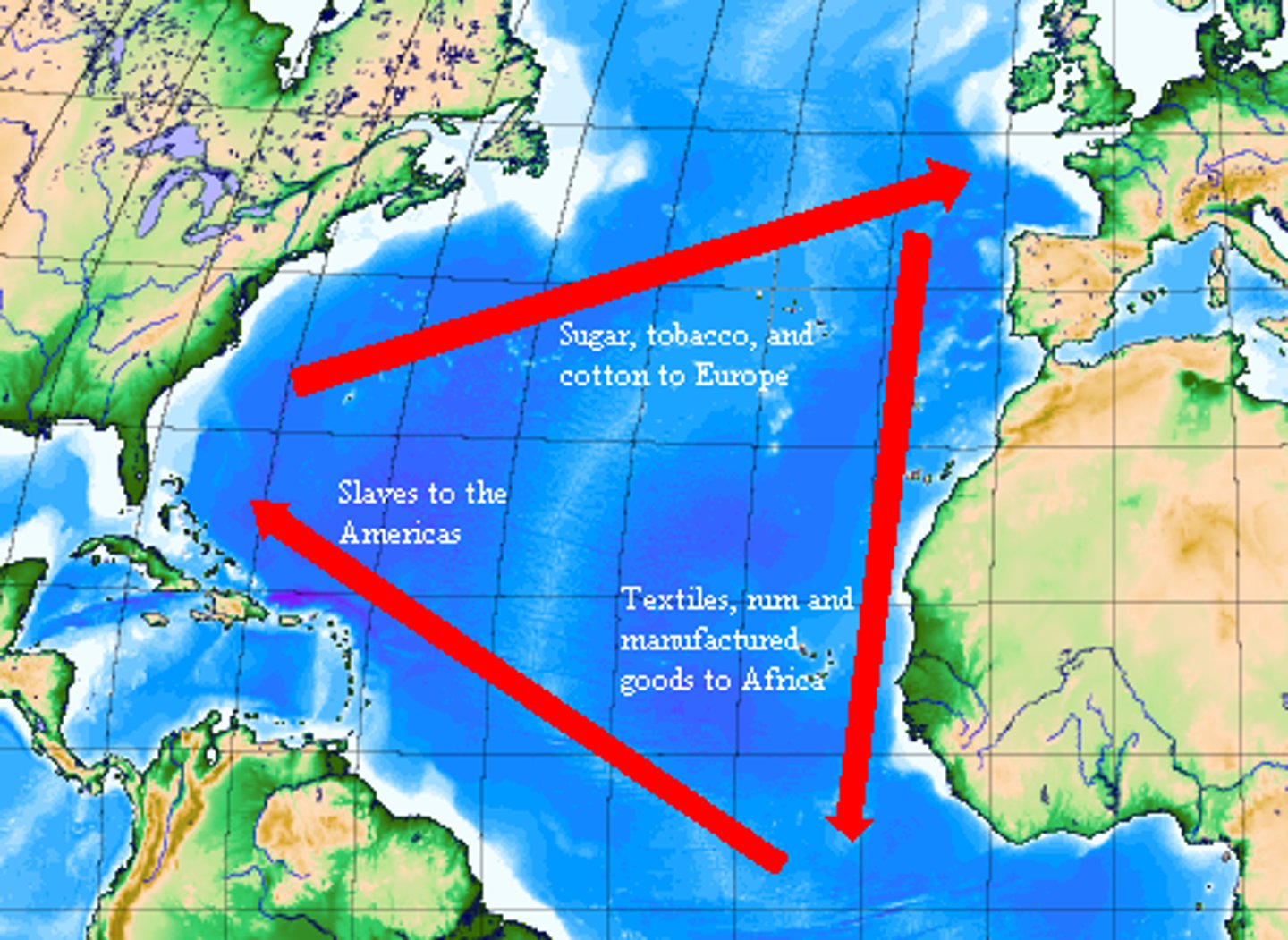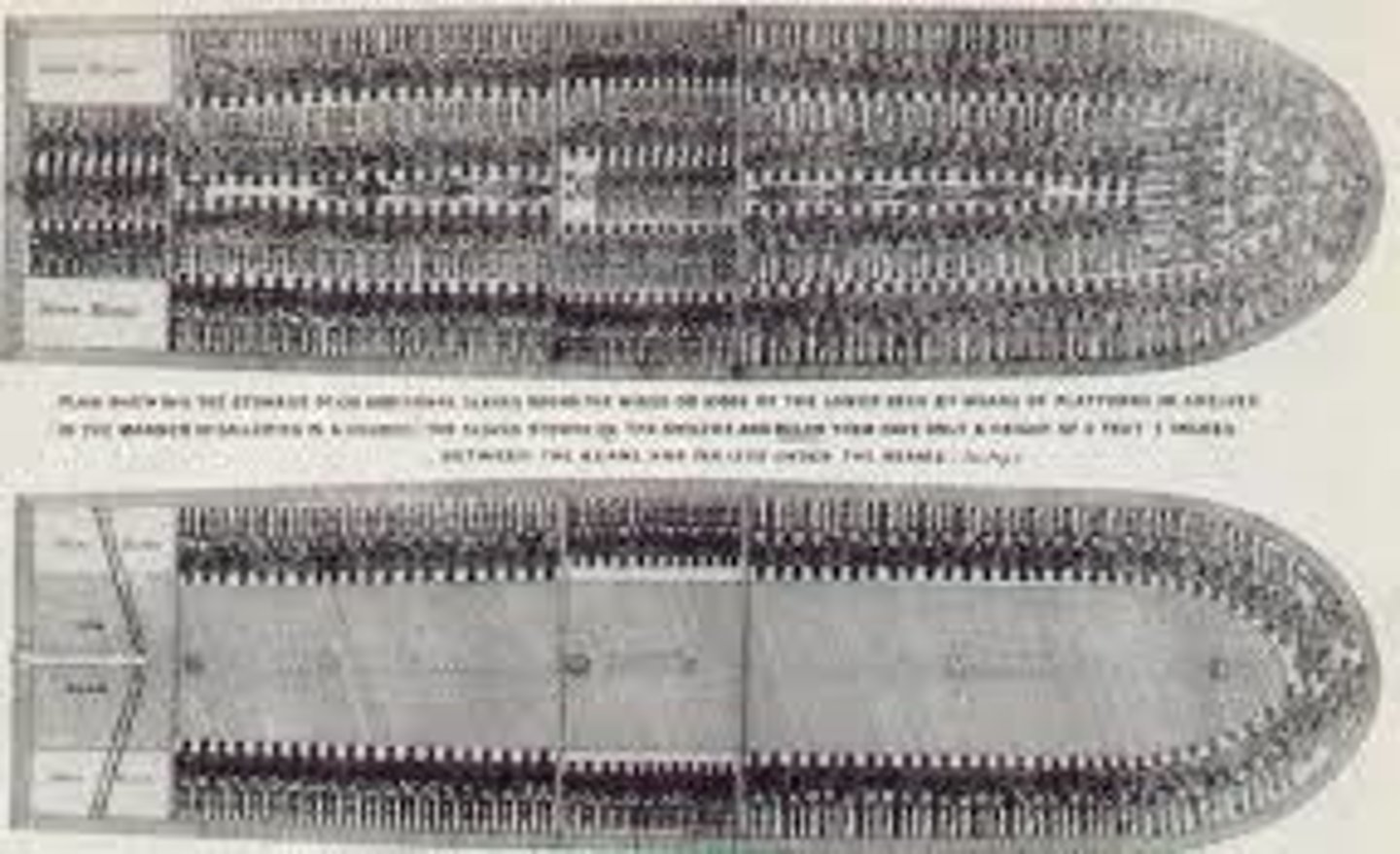Unit 1 AP Euro
1/137
There's no tags or description
Looks like no tags are added yet.
Name | Mastery | Learn | Test | Matching | Spaced | Call with Kai |
|---|
No analytics yet
Send a link to your students to track their progress
138 Terms
Capital
money or property that is used for investment to make more money
Capitalism
an economic and political system in which a country's trade and industry are controlled by private owners for profit.
means of production
the factories, machines, tools, raw materials, land, and financial capital needed to make things
means
a way to get something accomplished
market economy
Economic decisions are made by individuals or the open market, rather than the government
Entrepreneur
A person who organizes, manages, and takes on the risks of a business.
Medici
A powerful Italian family of bankers and merchants whose members effectively ruled Florence for much of the 15th century
Fuggers
leading banking family of Germany during the 15th and 16th century
money economy
an economic system based on money rather than barter
barter economy
economic system in which one set of goods or services is exchanged for another
double-entry bookkeeping
Bookkeepers record all transactions in two places so they can check one list of transactions against the other for accuracy.
joint-stock company
A company made up of a group of shareholders. Each shareholder contributes some money to the company, sharing the risk with others and receiving some share of the company's profits in exchange
stock
A share of ownership in a company
Dividends
payments of cash from a corporation to its stockholders
Dutch East India Company
a trading company established by the Netherlands in 1602 to protect and expand its trade in Asia
British East India Company
A joint stock company that controlled most of India during the period of imperialism. This company controlled the political, social, and economic life in India for more than 200 years.
Genoa
A seaport town in Italy
Amsterdam
Major trading port and financial center in the Netherlands
London
Capital of England and the center of Banking and Stock Exchange in England
commerce
the buying and selling of goods and services; trade
hierarchy
a system or organization in which people or groups are ranked one above the other according to status or authority.
Manor
A large estate, often including farms and a village, ruled by a lord.
landlord
owner of rental property
Peasants
people who worked the land or served the nobles
Serfdom
Institution in which a peasant is attached to a feudal estate and is not free to leave
subsistence agriculture
Agriculture designed primarily to provide food for direct consumption by the farmer and the farmer's family, rather than to sell in a market for profit
Little Ice Age
A century-long period of cool climate that began in the 1590s. Its bad effects on agriculture in northern Europe were notable.
Great Plague
Recurrence of the Black Death in England 1665-1666
open-field system
division of large fields into long, narrow strips that are each then farmed by individual peasants.
the commons
land or resources belonging to the whole of a community. Such as a grazing field for animals.
crop rotation
The planting of different crops in a field each year to maintain the soil's fertility.
two-field system
planting crops on only half of the cultivated land, leaving the other half to lie fallow (unplanted) for a year to recover its fertility
three-field system
A rotational system for agriculture in which one field grows grain, one grows legumes, and one lies fallow.
fallow
a plowed field that is not planted in order to let the soil "rest".
Inflation
A continuous rise in the price of goods and services
Price Revolution
increase in prices in 16th century-inflation-increased demand for goods-in part because of an influx of gold and silver from the Americas
Commercial Agriculture
Agriculture undertaken primarily to generate products for sale off the farm for a profit.
Enclosure Movement
practice of fencing or enclosing common lands into individual holdings, which happened in the 18th c in England.
agricultural commodities
staple crops and animals produced or raised on farms or plantations to be sold in the market for a profit
Migrants
people who leave their homes to work for a time in other regions or countries
Jesuits
Also known as the Society of Jesus; founded by Ignatius Loyola (1491-1556) as a teaching and missionary order to resist the spread of Protestantism.
Marco Polo
13th Century Venetian Italian explorer who wrote about his travels to Central Asia and China inspiring interest in trade with the East
Ottoman Empire
A Muslim empire based in modern day Turkey that lasted from the 1300's to 1922. Blocked trade routes to East, forcing ocean exploration.
mercantilism
An economic policy under which nations sought to increase their wealth and power by obtaining large amounts of gold and silver and by selling more goods than they bought
Favorable Balance of Trade
an economic situation in which a country sells more goods abroad than it buys from abroad, it is essential for Mercantilism
Exports
Goods and Services sold to other countries
Imports
goods and services purchased from other countries
colony
a country or area under the full or partial political control of another country, typically a distant one, and occupied by settlers from that country.
Jean Baptiste Colbert
Chief Minister of Finance under Louis XIV, huge supporter of Mercantilism.
navigation
the science of planning and controlling the direction of a ship
portolani
the charts of landmasses and coastlines made by navigators and mathematicians in the thirteenth and fourteenth centuries
cartography
The science of making maps
lateen sails
A triangular sail attached to a short mast, makes steering ship with the wind more manageable.
sternpost rudder
invented in China during the Han Dynasty, it allowed for better navigation and control of ships of increasing size. The Europeans adopted it in 15th Century.
astrolabe
An instrument used by sailors to determine their location by observing the position of the stars and planets
quadrant
a smaller and lighter version of the Astrolabe that helped sailors determine their location.
compass
navigational instrument that uses magnets for determining directions
decentralized power
A form of government in which individual state or local governments have most decision-making authority, rather than one powerful leader/gov't
centralized power
power in the hands of one, single ruler who controls a powerful bureaucracy to control people under its control.
Henry VIII
King of England who broke with the Church to establish Church of England. Fought wars of power with other New Monarchs. Example of New Monarch
Mary Tudor
daughter of Henry and Catherine of Aragon; as queen, she tried to restore Catholicism in England
Act of Supremacy
1534 Declared the king to be head of the English church rather than the Pope (created by Henry VIII)
Elizabeth I
English Queen and politique who united Protestants and Catholics through compromise and led England into its "Golden Age" Example of New Monarch
New Monarchies
Monarchies that emerged that differed from their medieval predecessors in having greater centralization of power, more regional boundaries, and stronger representative institutions
modern state
A political unit within which citizens identify with the state (country) rather than personal loyalty to a noble and see the state as legitimate. This state has a monopoly over the use of force and is able to provide citizens with key services.
King Ferdinand
King of Aragon who married and allied with Queen Isabella of Castile, using religion and exploration as a tool to unify the Iberian Peninsula. Example of New Monarch
Isabella I
Queen of Castile who married and allied with Ferdinand of Aragon, using religion and exploration as a tool to unify the Iberian Peninsula. Example of New Monarch
Concordat of Bologna
Treaty under which the French Crown recognized the Pope's right to take all tithes (donations to the Church) in France in exchange for the right of the French Monarch to nominate all French bishops and abbots (1516)
Edict of Nantes
Issued by Henry IV of France, it legalized Protestantism in France (it says you caaaaannnnt hurt the protestaaaaannnnts in Fraaaaance)
Huguenots
French Protestants
gentry
wealthy landowners who did not have titles of nobility
Star Chamber
English law court created by Henry VII to punish enemies & control more powerful nobles who might challenge the Crown.
Diet of Augsburg
Called by Charles V. This meeting of Protestant and Catholic reps assembled to impose a settlement of the religious divisions. Charles V wanted all Lutherans to revert to Catholicism. As a result, the Lutherans formed the Schmalkaldic League.
Schmalkaldic League
Protestant alliance formed by Lutherans against the Holy Roman Empire.
Peace of Augsburg
1555 agreement declaring that the religion of each German state would be decided by its ruler
guild
A medieval organization of crafts workers or trades people that controlled local trade, prices, standards.
nobles of the robe
FRENCH aristocracy whose nobility came from serving in the BUREAUCRACY or BUYING their title, rather than traditional military support for the monarchy.
Machiavellianism
behavior directed at gaining power and controlling the behavior of others. used by many New Monarchs.
Jean Bodin
Writer who believed that only absolutism could provide order and force people to obey the government.
absolute sovereignty
A belief that a government has the right to do whatever it wants in its own territory
Hugo Grotius
Laid the foundation for international law and diplomacy and the treatment of civilians during war.
natural law
The belief that humans are born with innate rights and rulers have a duty to respect those rights and govern using rational laws based in reason.
bureaucracy
A system of managing government through departments run by appointed officials chosen by the person/people in power.
Maritime Power
A country that has strong naval forces and draws its economic and military power from its access to the ocean
edict
an official order or proclamation issued by a person in authority
politique
A person in power who takes action based on what is practical for them to keep power, rather than on ideals or religious fanaticism
Cuius regio, eius religio
Whose realm, his religion (the leader decides what religion their country will be)
Portugal
First European Country to engage in African Slave Trade
Planter Society
Stretching from the Chesapeake Bay (mid-Atlantic) to Brazil and in other parts of the world that produced crops, especially sugar, cotton and tobacco using slave labor on large estates.
Demographics
the characteristics of a population with respect to age, race, and gender.
Demographic Catastrophe
a high mortality rate in a particular portion of the population (such as Native Americans)
increased demand
when a need for a product goes up, leading to attempts to create more of something (such as cotton or sugar)
Triangle Trade
the extensive exchange of slaves, sugar, cotton, and furs between Europe, Africa, and the Americas that transformed economic, political, and social life on both sides of the Atlantic

Middle Passage
the horrific sea journey undertaken by slave ships from West Africa to the West Indies.

Forced Migration
Human migration flows in which the people moving are not doing so because of their own choice (such as the slave trade).
Olaudah Equiano
An antislavery activist who wrote a famous account of his enslavement.
Chattel Slavery
A system of bondage in which a slave has the legal status of property and so can be bought and sold like property.
Prince Henry the Navigator
(1394-1460) Prince of Portugal who established an observatory and school of navigation and directed voyages that spurred the growth of Portugal's colonial empire.
Gold Coast
Southern coast of West Africa where Portugese fleets sponsored by Prince Henry the Navigator discovered and stole new source of gold.
Bartolomeu Dias
Portuguese explorer who rounded the tip of Africa